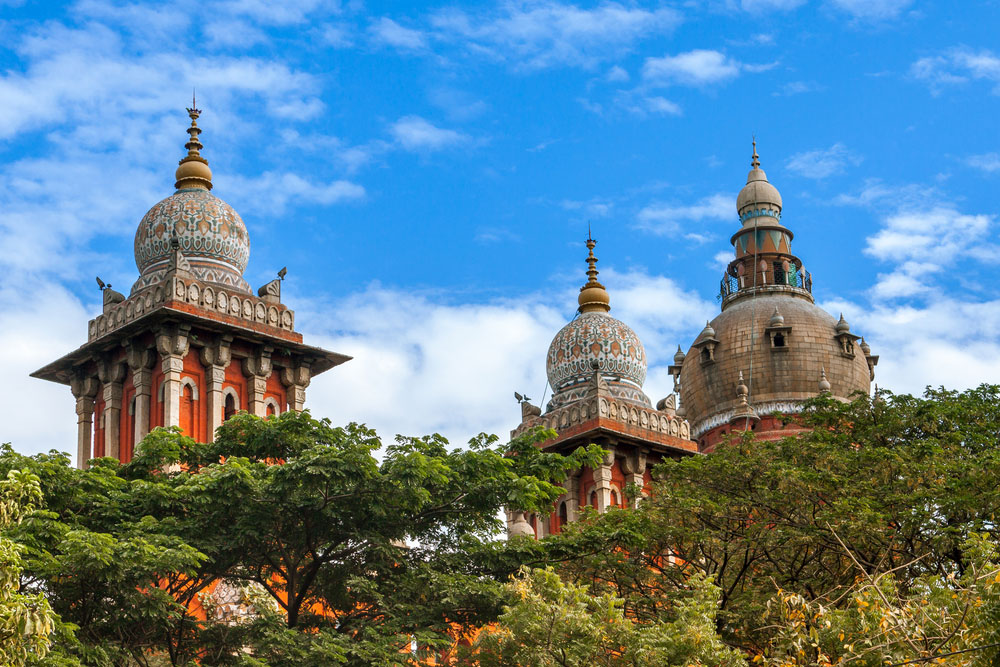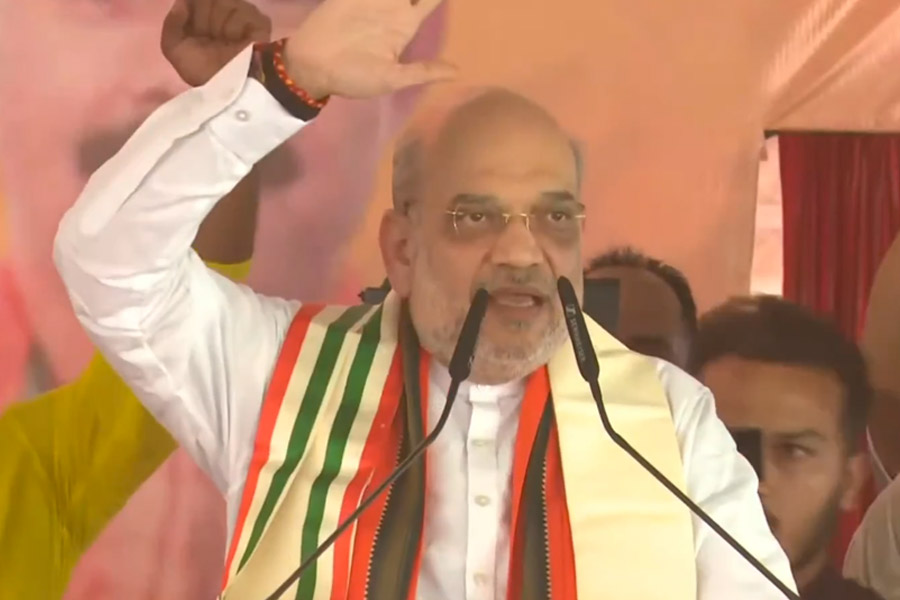Sir — California recently became the first state in the United States of America to officially ban discrimination against the natural hair of students and employees of diverse races. Distressing as it is that such a legislation needs to be passed even in this day and age, the practice of assessing professionalism on the basis of appearance — clothing, hairstyle, even tattoos — is not uncommon in India either. It is high time that companies across the world understand that performance and work ethics should speak for an employee’s capabilities rather than outward appearances.
Sarbojit Mallick,
Calcutta
Parched earth
Sir — Governments in West Bengal have made symbolic gestures to raise awareness about environmental pollution and the need to combat it for the sake of future generations. However, this had little impact on the ground (“Dry days”, June 28). On the contrary, many waterbodies and patches of greenery have vanished over the years to make way for high-rises. As a result, people have been exposed to high levels of pollution and serious health hazards. The courts had intervened in some cases at the request of environmentalists. But the outcome has remained limited.
Now, we are at a stage where severe health problems are unavoidable if steps are not taken immediately to improve the condition of the environment. A Niti Aayog report has estimated that as many as 21 major Indian cities will exhaust their groundwater by 2020. The gravity of the matter should require no further emphasis.
If rainwater is not properly harvested and restrictions are not imposed against the reckless use of water, there will be a more acute shortage of drinking water than ever before. Agricultural activities and generation of electricity will also be in dire straits. Rainwater harvesting is easy in India, given that our monsoons are plentiful. But it would need the Central and state governments to install reservoirs in the correct places. Local civic bodies and councillors should act in tandem with the people to successfully increase conservation efforts.
Srikanta Bhattacharjee,
Calcutta
Sir — At least two developed Indian cities, Bangalore and Chennai, must urgently conserve water to avoid a severe water crisis in the near future. Chennai has been facing an acute shortage of water this summer on account of low rainfall. The Madras High Court has directed the Tamil Nadu government not to prevent protests highlighting the difficulties faced by ordinary citizens because of the water crisis. One must understand that it is the government which has, for years, allowed waterbodies to be converted to concrete jungles, leading to the crisis. The high court’s decision is therefore welcome.
Recently, the Karnataka government announced plans to divert water from the Sharavati river in Shimoga to Bangalore. This has evoked stiff opposition from environmentalists. It will be an injustice to the Shimoga people, who are also facing water shortage. What Bangalore is facing today is the result of gross mismanagement of its water resources. People must learn to harvest rainwater, since that seems to be the only way to combat the present crisis.
Benu Kumar Bose,
Calcutta
Sir — The editorial, “Dry days”, serves as a wake-up call. It is evident that both the Central and state governments have failed to initiate proper steps to prevent the present water crisis in India, as is manifest in Chennai and some other states. If the administration and the citizens do not wake up now, there will be no water left at all.
For years, Bengal has been fortunate in this regard; it has had an abundance of water. Perhaps this is what has made its people ignore the value of this precious resource. Bengali proverbs often refer to water as a cheap and expendable commodity — “jaler moto shosta” or “jaler moto taka odano” show how Bengalis consider water a resource whose worth is low. But now steps must be taken urgently to stop its wastage. Some rivers of Bengal have already died, some others are dying and the groundwater level is constantly going down.
Sanjit Ghatak,
South 24 Parganas












